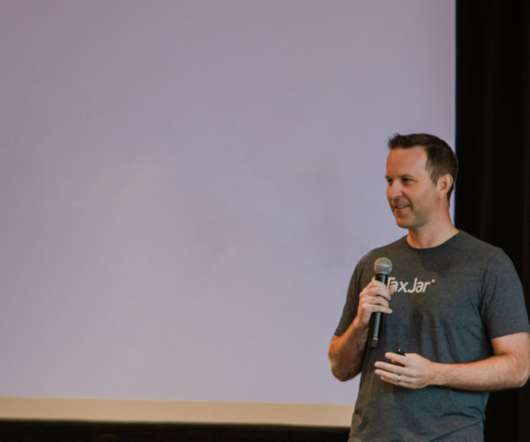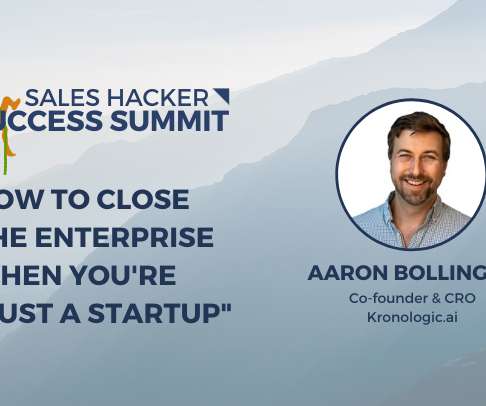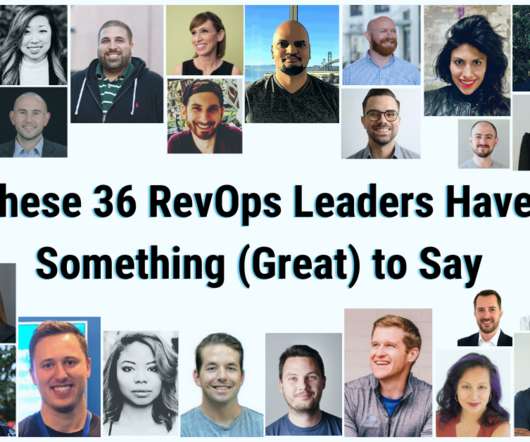5 Secrets to Moving Upmarket – How the Right Sales Tax Technology Can Support SaaS Growth
SaaStr
FEBRUARY 25, 2020
So even the freshest new SaaS startup celebrating their 50th customer may find themselves dealing with sales tax in multiple states. . hiring in-house talent). Expanding into new sales channels is a common growth play. For example, you hire a developer to move you over to an ERP like NetSuite.














Let's personalize your content